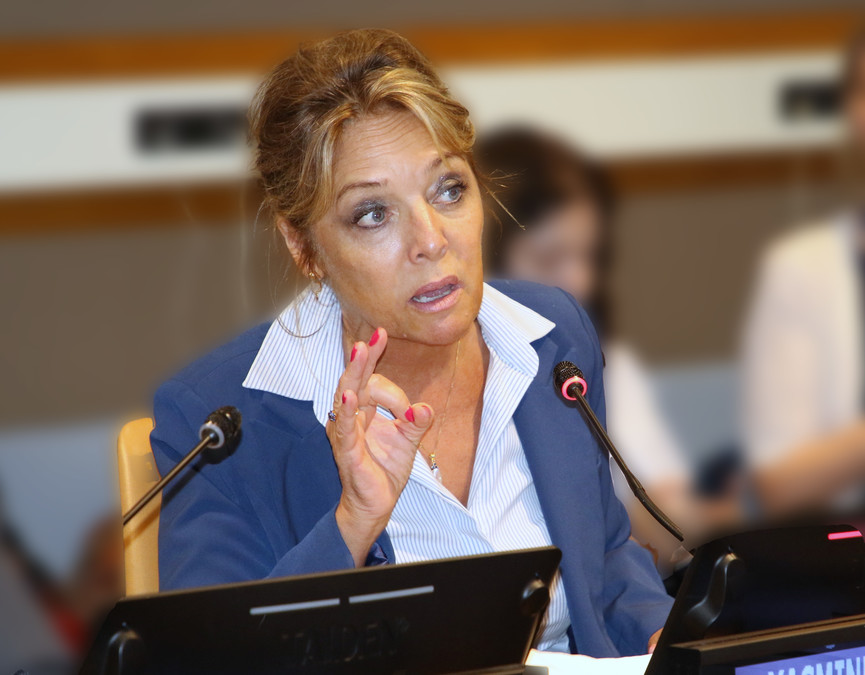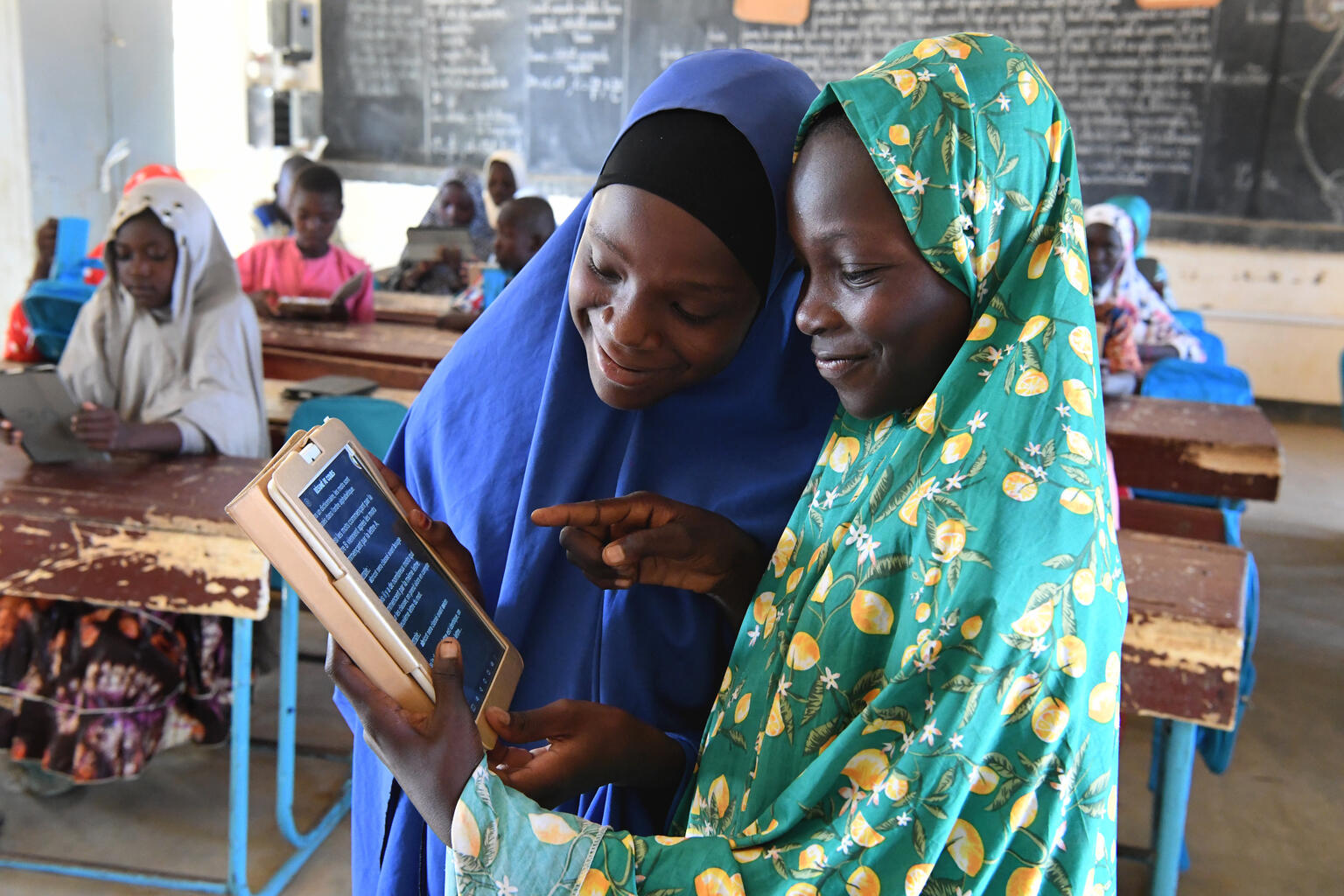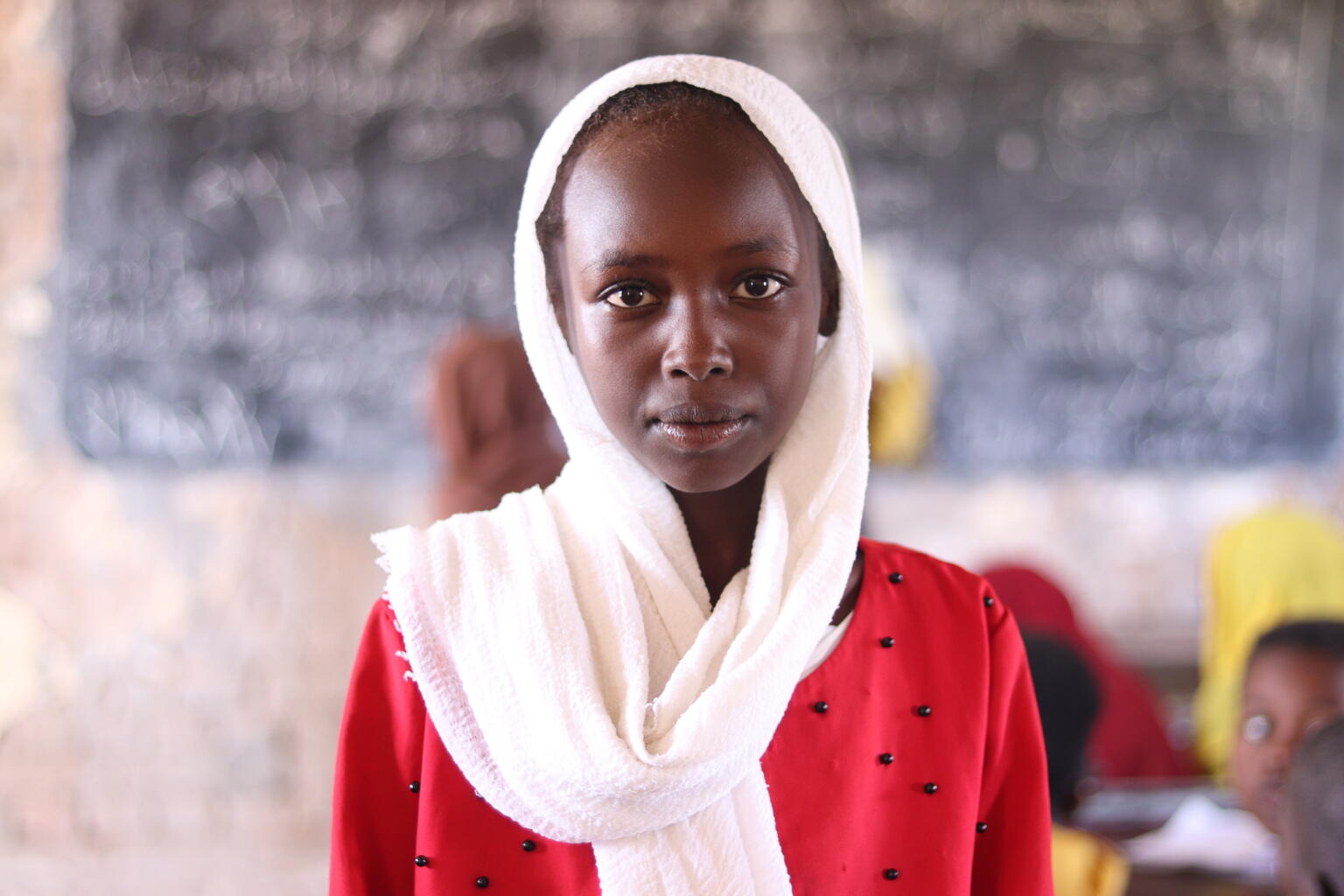A More Just World Is Possible with Just One Rule
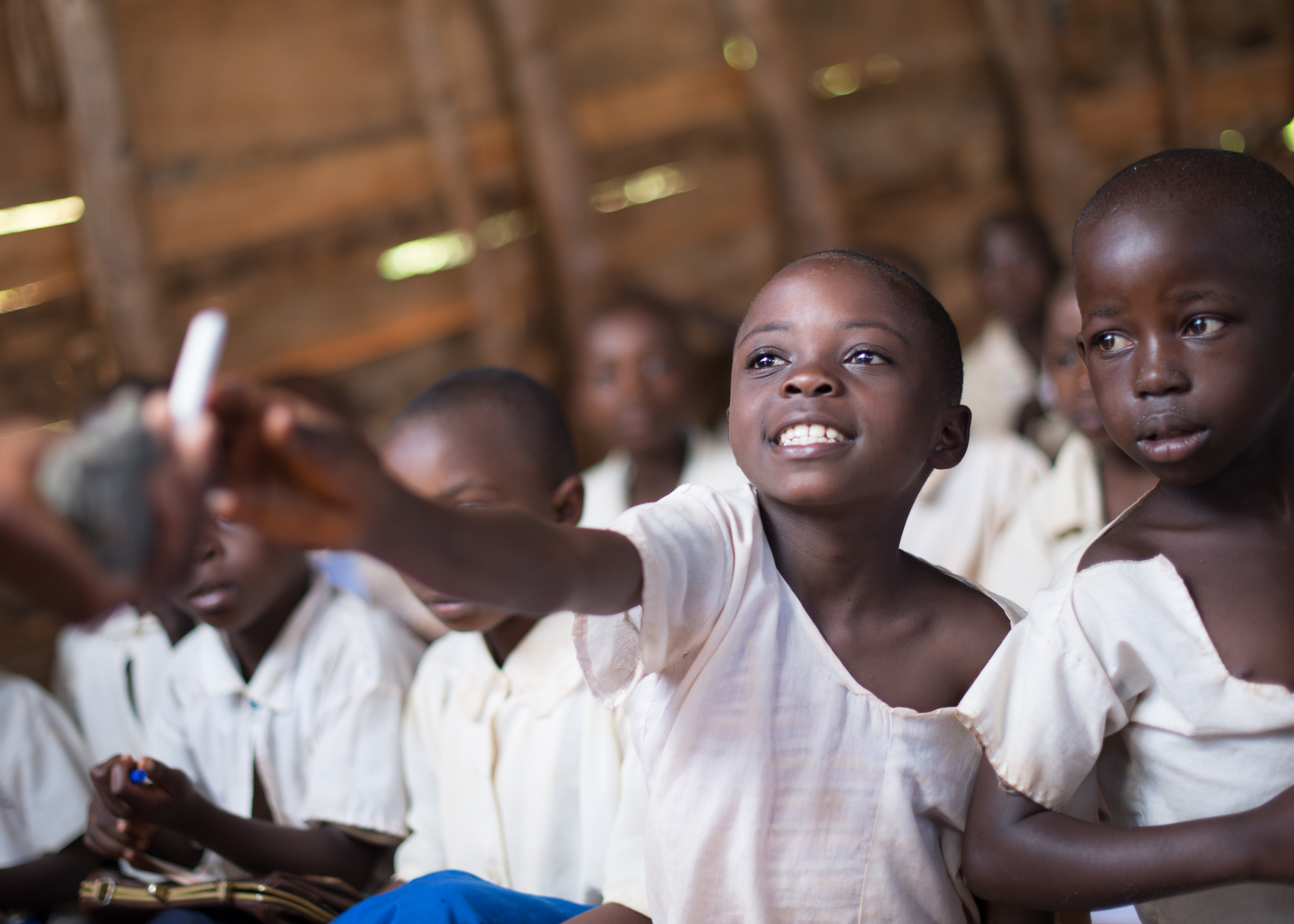
World Day of Social Justice Statement: ECW Executive Director Yasmine Sherif
The United Nations Charter, the Universal Declaration of Human Rights and its covenants would suffice to make our world a just world for all. Yet, the global community does not respect its commitments to these international legal frameworks. It is not complicated.
We just need to follow one rule underpinning them, the Golden Rule: ‘Do unto others as you would have them do unto you.’ Unjust and inhumane wars and atrocities are raging in the Middle East, in Sudan and across sub-Saharan Africa, in Ukraine and beyond.
Entire communities are denied their human rights as endless cycles of violations, impunity, poverty, famine, and the destruction or denial to a quality education derail efforts to deliver on the 2030 Agenda Sustainable Development Goals. Innocent children are killed, maimed, abducted and orphaned. Girls are forced into child marriage, exploited and sexually abused. Boys are forced into child labor and recruited into armed groups. Millions upon millions of innocent children and adolescents face an onslaught of grave violations of international law, their inherent human rights trampled upon. Meanwhile, the climate crisis threatens Mother Earth and tears apart access to education, livelihoods and survival.
As we commemorate the World Day of Social Justice, we have no choice but to embrace the principles enshrined in the UN Charter, International Human Rights Law and International Humanitarian Law. These are legally binding commitments, which can be truly simplified down to a single universal rule: the Golden Rule. This rule is found in all the world’s major religions and spiritual paths and is easily relatable and understood by every human being on Earth.
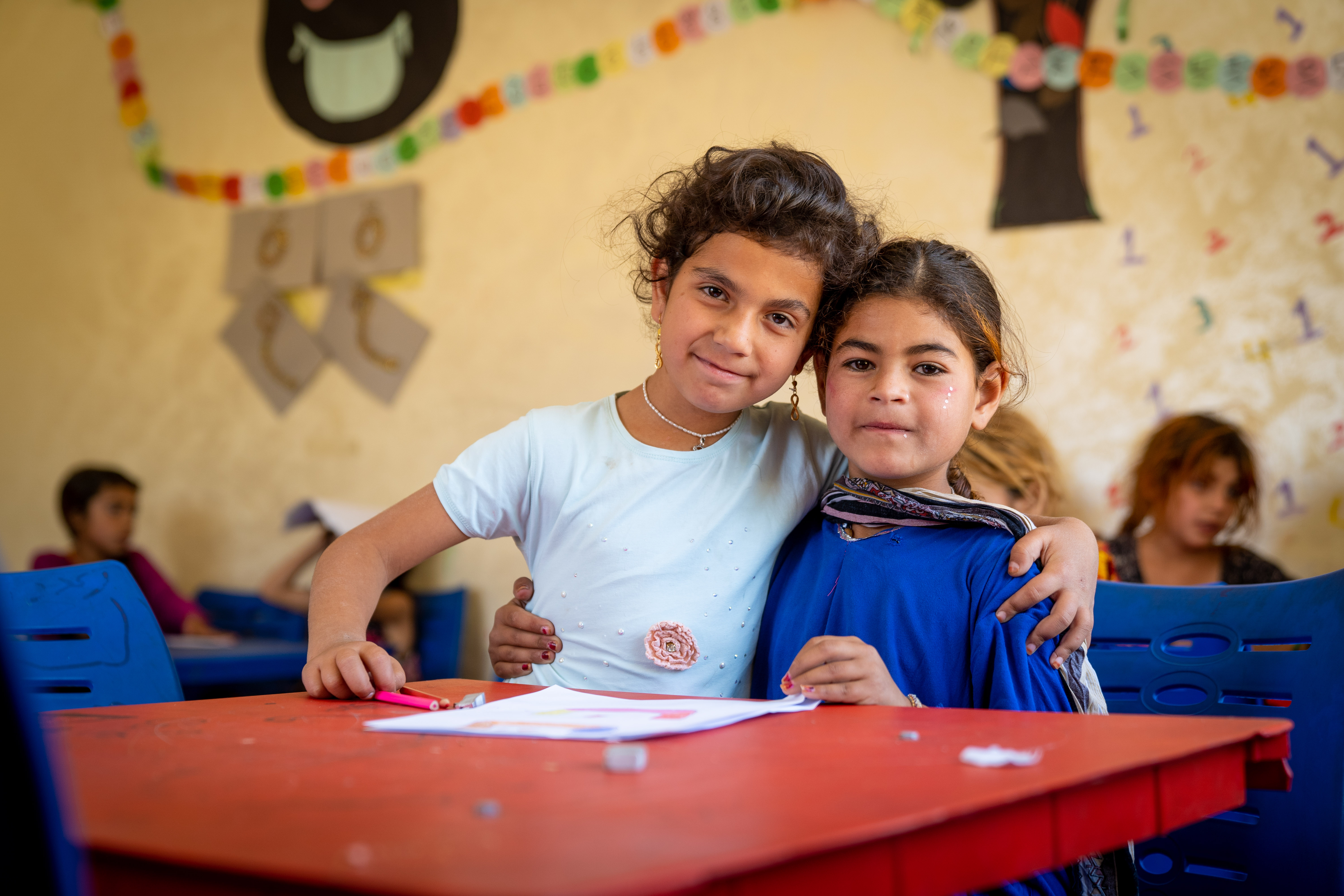
In the 21st century, the world must finally establish social justice. The kind of justice we promised to realize in 1945 and ensuing years. But we have not delivered on those promises and legal commitments. Increasingly, armed conflicts, atrocities and human rights violations are committed daily against vulnerable, innocent children and youth in nearly every region of the world.
Instead of enjoying their right to a quality education and the opportunity to realize their dreams and full potential, they are instead fleeing for their lives, suffering injustices and living in nightmares not of their making. Is this the world we promised them? Is this all that we can deliver to them? We must seriously reconsider more constructive and responsible ways forward.
The challenges before us are daunting. More than 224 million girls and boys caught in armed conflicts and other protracted crises urgently need an inclusive and continued quality education. In Africa alone, more than 98 million children are out of school. The education crisis is a global problem that impacts all of us. Rohingya girls like Janat Ara have seen their villages burnt to the ground. Boys like Lucas* from the Central African Republic have seen their families killed in front of their eyes. And in Gaza, more than 12,000 Palestinian children have reportedly been killed and all are denied education.
As we work to build social justice for all, we must ensure all these children and adolescents have access to quality learning in safe environments. We must ensure a holistic, continued and child-centered education – including early childhood education, quality academic materials, access to mental health and psychosocial services, school feeding, art, sports, teacher trainings, infrastructure, and sufficient and relevant teaching and learning resources. Given the epic, and growing, number of vulnerable girls and boys not able to access quality education – while also struggling with the traumas of armed conflicts, climate disasters and forced displacement – we must deliver education for them with speed, agility, coordination and sustainability.
To achieve these goals, we call on world leaders, the public and private sector, as well as philanthropic foundations and high-net-worth individuals, to invest in the future today by urgently mobilizing US$1.5 billion for Education Cannot Wait, the global fund for education in emergencies and protracted crises within the UN system.
With this crucial investment in education, ECW and our strategic partners can reach 20 million crisis-affected girls and boys with the safety, hope and opportunity that only a quality education can provide. With this support, we can empower at least 20 million children and adolescents to experience social justice and exercise all of their human rights, including the most foundational: their right to quality education.
This is precisely what we want for our children and ourselves. This is the Golden Rule.

